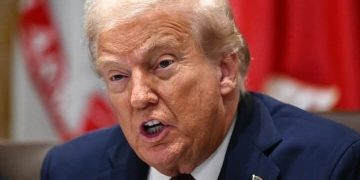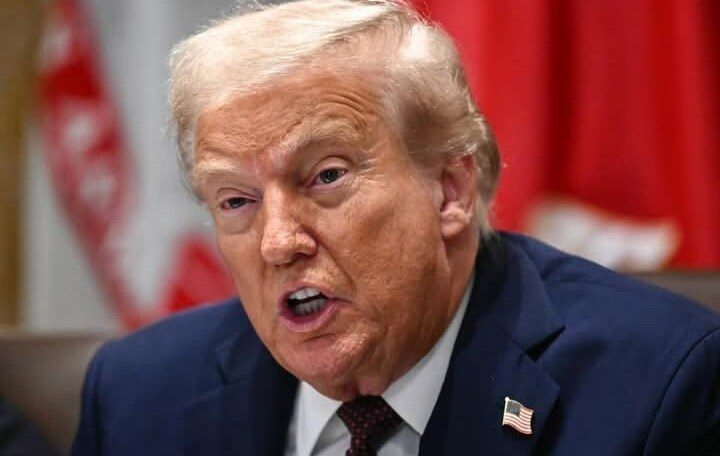On Wednesday, former President Donald Trump’s administration asked the United States Supreme Court to make a quick decision that would keep his tariffs in place. These tariffs have caused big changes and uncertainty in global markets.
Trump’s legal team argued that a recent ruling from a lower court, which went against him, was already harming America’s ability to negotiate trade deals with other countries.
John Sauer, the Solicitor General, filed a request with the Supreme Court. In the filing, he said it was extremely important for the court to act fast so that the president’s tariffs would be confirmed as legally valid. He explained that without a quick decision, the United States could lose economic power in talks with foreign governments.
This appeal comes shortly after the U.S. Court of Appeals for the Federal Circuit, in a 7-4 decision, ruled that Trump went beyond his legal authority when he used emergency economic powers to impose broad tariffs. Even though the judges said he exceeded his powers, they allowed the tariffs to remain in place until mid-October. This gave Trump enough time to appeal to the Supreme Court before they could be removed.
Since returning to office, Trump has relied on the International Emergency Economic Powers Act, often called IEEPA, to create Reciprocal tariffs. This means he placed tariffs of at least 10 percent on nearly all U.S. trading partners, with even higher rates for certain countries, including the European Union and Japan. He also used these powers to target Mexico, Canada, and China, claiming that the tariffs were needed to stop dangerous drugs from entering the United States.
However, the appeals court decided that Trump went too far in using this emergency law for trade matters. Their ruling has raised new questions about whether trade deals Trump negotiated with important partners, such as the European Union, will remain valid. It also created uncertainty about what would happen to the billions of dollars in tariff money collected by the U.S. government since these policies began. If the Supreme Court does not side with Trump, those funds and agreements could be challenged.
In support of the appeal, Treasury Secretary Scott Bessent submitted a statement warning that the lower court’s decision had taken away a great deal of the administration’s negotiating power. The administration now believes that without the Supreme Court’s approval, America will be in a weaker position when discussing trade agreements with other nations.
Finally, Trump’s legal team asked the Supreme Court to schedule oral arguments by early November. This would give the justices a chance to hear the case quickly and decide whether the president’s tariffs can legally continue.































